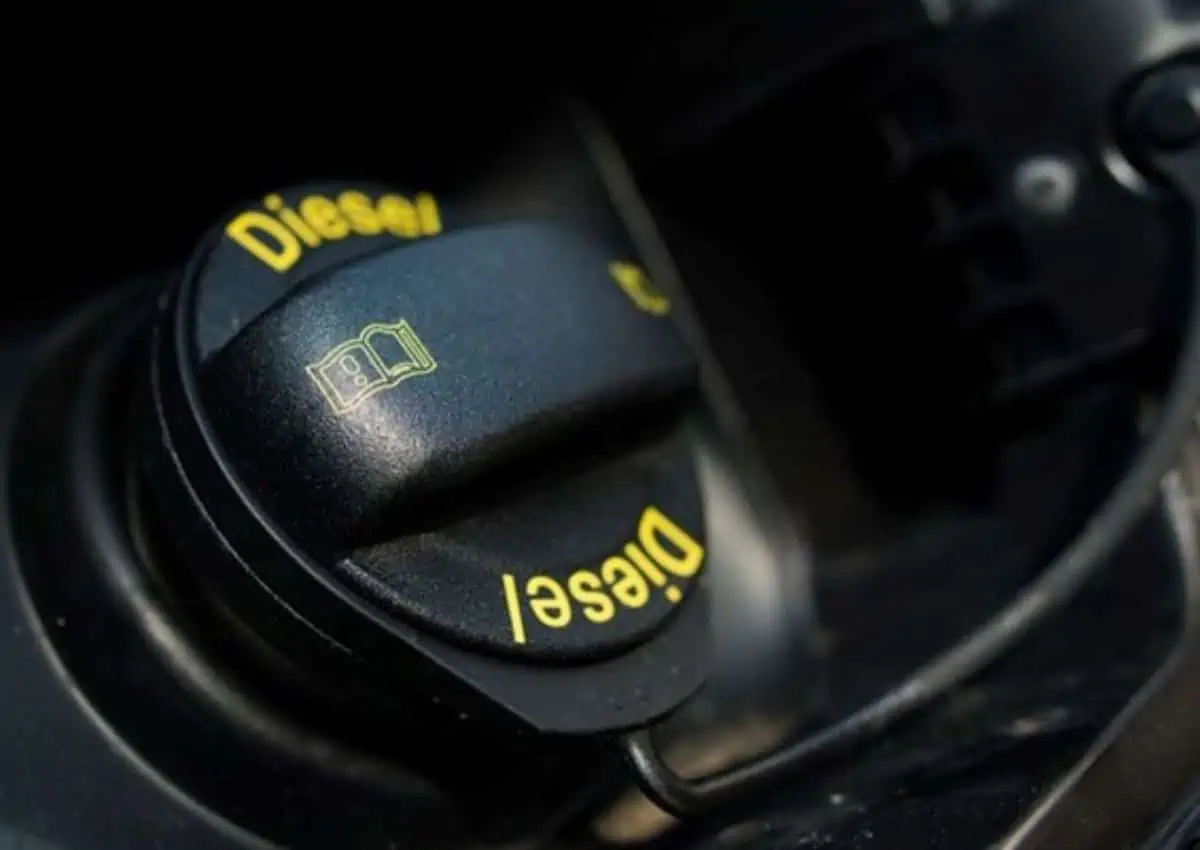While organised business has called on government to find adequate and reliable diesel, there is growing concern as the country’s fuel supply chain is under pressure.
Diesel is an important fuel source in South Africa, as it is widely used in the transportation, agriculture and mining sector. However, it has also become a critical fuel for South Africa’s power utility Eskom, households and businesses for energy generation to mitigate the economic costs of prolonged load shedding.
This has led to expert concerns that the country’s fuel supply chain is under pressure.
According to the City Press, the massive increase in the consumption of diesel by Eskom, the lack of fuel storage and refineries in operation, and the fact that South Africa imports almost all its fuel are the cause for concern.
Feedback from the industry indicted diesel supplies are under pressure, the paper reported.
Eskom has for the past nine months bought 37% more diesel to keep its open-cycle gas turbines running (OCGT) than it did in the corresponding period of the previous financial year- purchasing about 722 million litres of diesel in quarter three of 2022 compared to 526.3 million litres in 2021, said City Press.
The company’s OCGT’s are meant to be run only during peak demand period when the regular coal stations cannot handle the surplus.
This rampant increase in diesel usage resulted in Eskom announcing that it had run out of diesel in November 2022.
Adding to the issue is that South Africa is a net importer of fuel -importing 90% of our crude oil- leaving the country vulnerable to fluctuations in the global market and potential disruptions in the supply chain, said Royale Energy group Chair Mpho Dipela
The situation is exacerbated by the many closed refineries in the country. Only Sasol’s refineries are currently operating.
Eskom confirmed in mid-November that it had depleted its diesel budget for the 2022/23 financial year, which runs until March 31, having spent more than R12-billion between April and November against an initial budget for the year of R6.1 billion.
Source: Engineering News, Business Tech, image from Twitter: @Newscoza
